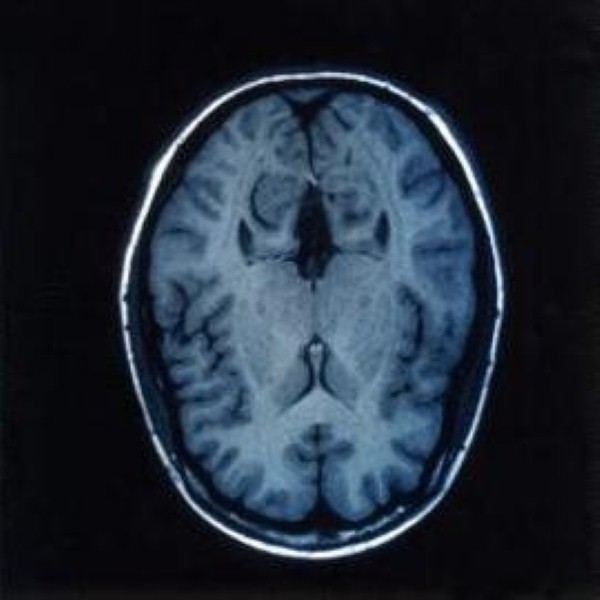Researchers have identified a protein which plays a role in the development of memory loss that affects patients suffering from Alzheimer's disease.
Scientists at the Cleveland Clinic, Ohio, found that a protein known as Neuroligin-1 (NLGN1), which is known to play a role in the formation of memories, is also linked to amyloid-associated memory loss. The results of the study are published in the journal Nature Neuroscience.
Alzheimer's disease involves the accumulation of amyloid beta proteins in the brains of sufferers, which serve to induce inflammation. As a result of the inflammation, certain gene modifications occur, causing memory loss by interrupting the functioning of synapses in the brain.
The researchers at the Cleveland Clinic conducted a study on animal models and discovered that the epigenetic modification of NLGN1 plays a key role in the neuroinflammatory process by disrupting the brain's synaptic network, which is responsible for developing and maintaining memories. The destruction of this network can lead to the type of memory loss exhibited by patients suffering from Alzheimer's disease.
"Alzheimer's is a challenging disease that researchers have been approaching from all angles," said Mohamed Naguib, the Cleveland Clinic physician who led the study. "This discovery could provide us with a new approach for preventing and treating Alzheimer's disease."
The same group of researchers previously identified a novel compound known as MDA7, which has the potential to halt the neuroinflammatory process that causes the modification of NLGN1. Studies conducted on an animal model found treatment with the compound led to the restoration of cognition, memory and synaptic plasticity – a crucial neurological foundation of learning and memory.
Preliminary work for the first human trial of MDA7 has been completed, including in-vitro studies and preliminary clinical toxicology and pharmacokinetic work. Phase I of the studies on the safety of these compounds is expected to begin in the near future.
More than half a million people suffer from Alzheimer's disease in the UK. It accounts for around two-thirds of the cases of dementia among elderly people.

